Can You Drink After a Concussion? Here’s Why You Should Think Twice
Let’s be honest—life doesn’t stop just because you got a concussion. Maybe you’ve got social plans, a big event coming up, or it’s just a typical weekend, and you’re wondering: “Can I have a few drinks, or will it mess up my recovery?”
The short answer? It’s probably not worth it.
Drinking after a concussion doesn’t just give you a rougher hangover—it can actually prolong your recovery, keeping you sidelined longer than necessary.
A recent study looked at 484 NCAA athletes who had suffered a concussion. They were divided into two groups:
Those who drank alcohol post-injury
Those who completely abstained
The result?
“Self-reported postinjury alcohol use is associated with prolonged recovery but not severity of concussion symptoms in collegiate athletes.”
And if you’re an athlete or someone who just wants to get back to normal as soon as possible, you need to consider whether a few drinks are really worth the extra time away from the things you love doing. Let’s break down exactly how alcohol affects concussion recovery, why it prolongs healing, and what you should do instead.
How Much Longer Does Alcohol consumption Prolong Recovery?
On average, athletes who drank alcohol after their concussion took about 23 days to return to play, while those who abstained recovered in approximately 17 days. That’s a full week longer before being cleared to play. And while seven days might not seem like much, if you’re a competitive athlete and your season is already only a few months long, that’s a huge chunk of time you could have been out competing under the bright lights.
And for me, now being past my formal competitive career, I look back and realize just how quickly that part of your life flies by. Not saying I’d want to go back—but when you’re in it, you don’t always realize how limited that window is. Every game and every opportunity matters. So if you’re serious about getting back in the game, maybe hold off on the celebratory drinks.
Why Does Alcohol Prolong Recovery?
Alcohol is a neurotoxin—meaning it already puts stress on a healthy brain. When you’ve had a concussion, your brain is in repair mode, and alcohol directly interferes with that process. Here’s why:
1. Alcohol Worsens Brain Inflammation
A concussion triggers inflammation in the brain as part of the healing process. Alcohol exacerbates this inflammation, making symptoms like headaches, dizziness, and brain fog worse.
2. Alcohol Disrupts Sleep – When Your Brain Does Its Best Healing
Post-concussion, sleep is critical for recovery. Your brain clears out metabolic waste, repairs damaged cells, and restores cognitive function while you sleep. Alcohol disrupts deep sleep, meaning you wake up feeling more fatigued and less mentally sharp.
3. Alcohol Impairs Brain Plasticity
Your brain is working overtime after a concussion to form new neural connections and compensate for injury. Alcohol slows this process down, meaning it takes longer to regain cognitive function, focus, and reaction time.
4. Alcohol Dehydrates the Brain
Hydration is key to concussion recovery, helping to regulate blood flow, deliver nutrients, and clear out toxins. Alcohol is a diuretic, meaning it depletes hydration, leaving you feeling even more sluggish and prolonging your symptoms.
5. Alcohol Can Mask Symptoms, Making You Think You’re “Fine” When You’re Not
Here’s an interesting twist: in the quote above, the study found that alcohol didn’t increase the severity of symptoms—just the duration of recovery. But ask yourself: Could that be because alcohol was masking those symptoms?
Alcohol numbs pain, dizziness, and mental fatigue—so you might feel fine in the moment but are actually pushing your brain past what it can handle. Then, once the alcohol wears off? Your symptoms hit harder. This is especially dangerous because you might think you’re ready to return to play before your brain has fully healed—which massively increases your risk of a second, more severe concussion.
Is One Drink Really That Bad?
The reality? One drink probably won’t ruin your recovery. But the problem is, one drink often leads to another—and before you know it, your already vulnerable brain is dealing with dehydration, disrupted sleep, and prolonged inflammation.
If you’re an athlete looking to get back in the game as soon as possible, why add another obstacle to your recovery?
Final Thoughts
Let’s say you drink after a concussion. Maybe you don’t feel any worse that night—but now you’re looking at a week (or more) of extended recovery.
One night out = more time sidelined.
At the end of the day, every decision you make post-concussion impacts how fast you recover. You can choose to make recovery easier or harder on yourself. If you want to get back to training, competing, or just feeling normal again, holding off on the alcohol for the time being is a small price to pay.


